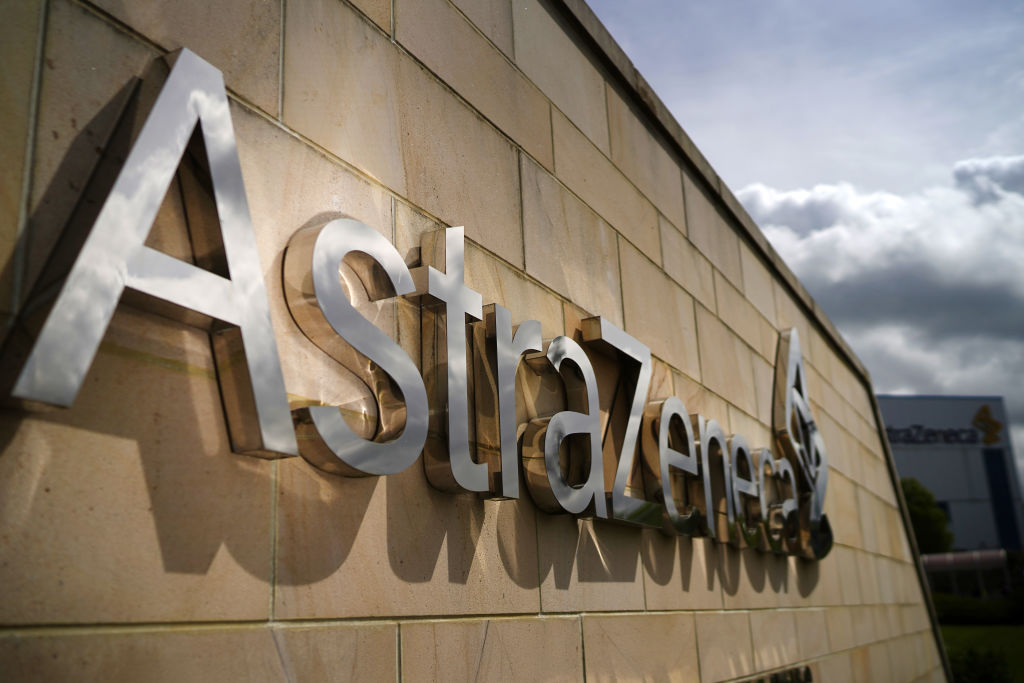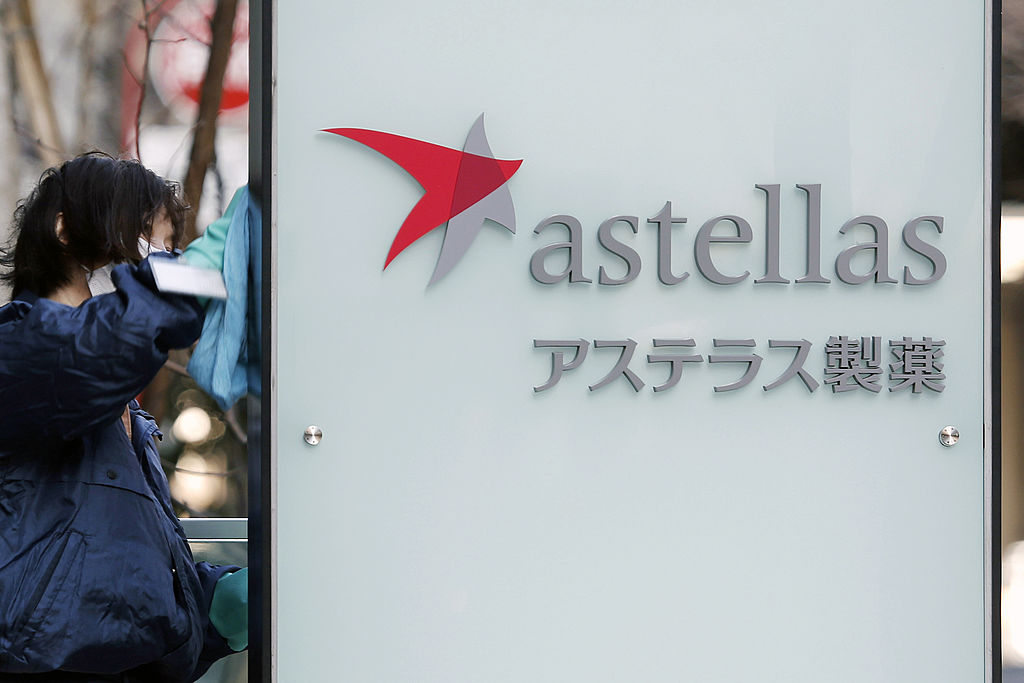A blockbuster AstraZeneca drug may now be used as an earlier treatment for mantle cell lymphoma (MCL), making it the first in its class approved as a first-line therapy for this rare and aggressive type of blood cancer.
The FDA expanded approval of the drug, acalabrutinib, to include previously untreated MCL in adults who are also ineligible for a hematopoietic stem cell transplant that is a treatment option for younger patients. As a first-line therapy, the AstraZeneca drug must be used in combination with bendamustine and rituximab, a drug regimen often used for older MCL patients. The late Thursday regulatory decision also grants traditional approval to the drug as a single-agent treatment for adults whose MCL has received an earlier line of therapy.
MCL is type of B cell non-Hodgkin lymphoma, a cancer of the lymphatic system. Chemotherapy is the standard treatment, but relapse is common. Acalabrutinib, marketed under the brand name Calquence, is a small molecule designed to block Bruton’s tyrosine kinase (BTK), an enzyme that promotes the proliferation and survival of malignant B cells.
Calquence, a twice-daily pill, initially won accelerated FDA approval in 2017 as a treatment for adults whose MCL has received at least one prior therapy. In 2019, the AstraZeneca drug’s label expanded to include chronic lymphocytic leukemia or small lymphocytic leukemia. Calquence is one of AstraZeneca’s top oncology products, accounting for $2.5 billion in revenue in 2023, up 25% from the prior year.
The latest FDA approval for Calquence is based on the results of ECHO, a Phase 3 study that enrolled 598 patients age 65 and older with untreated MCL. These participants were randomly assigned to receive the study drug plus the bendamustine/rituximab regimen, or a placebo and bendamustine/rituximab.
At a median follow-up of 49.8 months, clinical trial results showed longer progression-free survival that was statistically significant. Median progression-free survival was 66.4 months in the study drug arm versus 49.6 months in the comparator group. The Phase 3 data were presented last June during the annual meeting of the European Hematology Association in Madrid.
“Managing this aggressive cancer requires maximizing efficacy while maintaining tolerability, especially for elderly patients,” Michael Wang, director of the Mantle Cell Lymphoma Program of Excellence at MD Anderson Cancer Center and principal investigator in the trial, said in a prepared statement included in AstraZeneca’s approval announcement. “Results from the pivotal ECHO trial highlight the promise of the acalabrutinib combination in defining a new standard of care, with today’s approval underscoring the transformative potential of this regimen as a first-line treatment for older patients with mantle cell lymphoma.”
Calquence’s new FDA approval makes it the first BTK inhibitor approved as a first-line MCL treatment. That gives the drug an edge over others in its class. Eli Lilly’s BTK inhibitor, Jaypirca, landed FDA approval in 2023 as a third-line treatment for MCL. Imbruvica, marketed by Johnson & Johnson and AbbVie, and Brukinsa, from BeiGene (which is changing its name to BeOne Medicines), are both approved as second-line treatments for MCL.
Photo: Christopher Furlong, Getty Images











